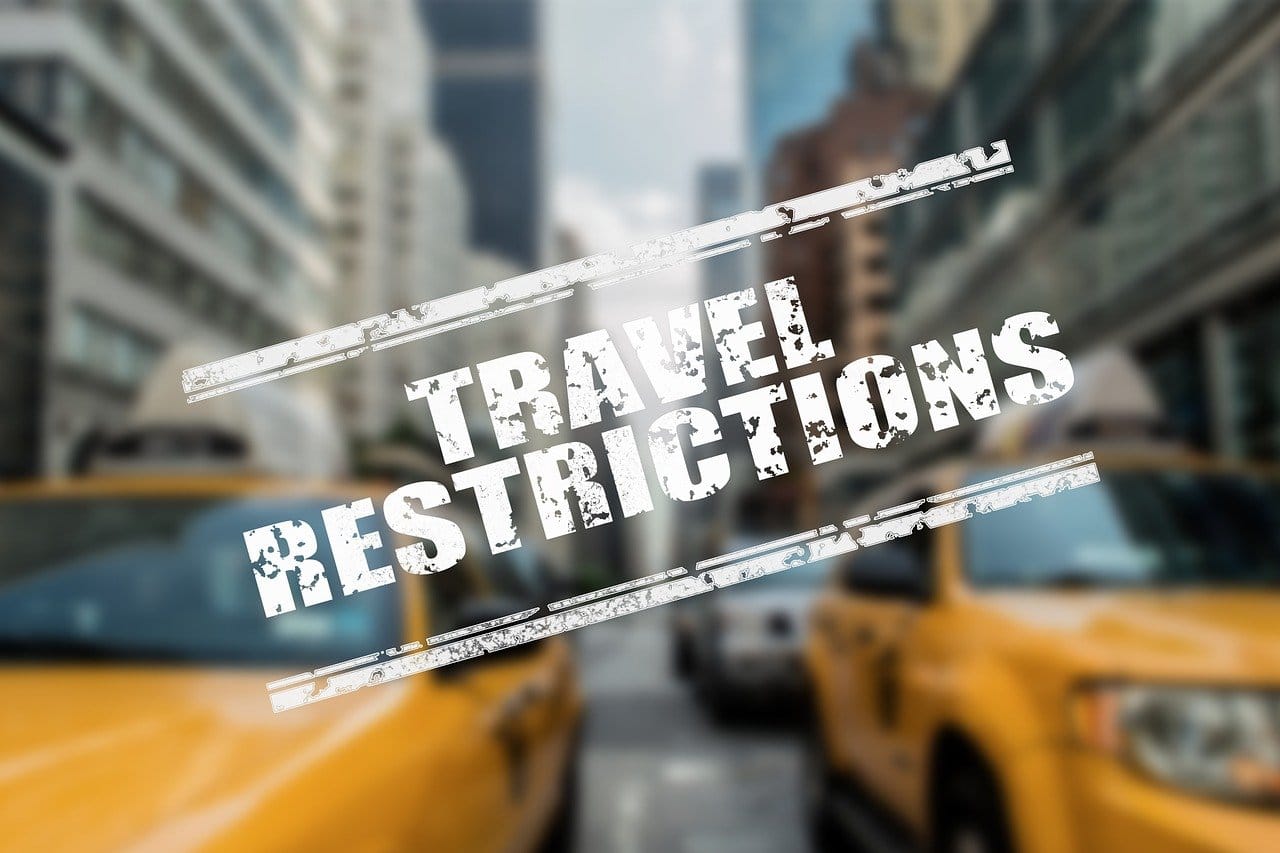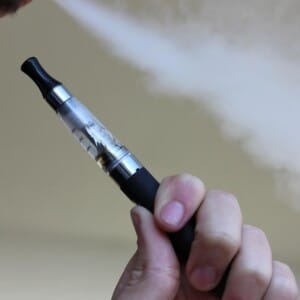Every year, thousands of people die around the world from carrying food safety tips when travelling. It is easy to fall into the temptation to leave all your food and drink cool or warm in your carry-on bag. You don’t have to do this, however, as much carry-on luggage and other products are susceptible to harmful bacteria and germs. In addition, you should not keep any food items in your mouth, even if you are using a hand sanitiser while travelling. Here are some food-safety tips when travelling that you should always follow:
One of the most important food safety tips when travelling is to remove any spoiled or rotten foodstuffs. If you are travelling to countries where sanitation measures aren’t highly developed, it can be easy to spoil food by touching it with your hands or nose. Food poisoning is the most common reason for travelling and one of the major risks involved when travelling abroad. By removing spoiled food from your personal belongings, you will be minimizing your risk of contamination.
You should also make sure your personal items such as cameras, prescription drugs, hypodermics and other medical devices are clean and dry before travelling. You may have packed your personal belongings like your medical prescriptions and other devices in your checked luggage but leaving them here may lead to contamination. It is better to check your personal belongings before you travel. For some people, however, this becomes an unnecessary hassle. If you are travelling to a country where sanitation isn’t that well developed, you can take along a bottle of hand sanitiser in your luggage. Just make sure you use this correctly and that you follow the simple travel safety tips to minimize the danger.
Some other food safety tips when travelling include not storing your own food items, medications and other valuables in your carry-on or on your luggage. It is better to keep these things at least two hours away from your travelling companions so you won’t have to bother with washing any contaminated food while travelling. Similarly, you should avoid putting your own medications such as vitamins and medicines in your checked luggage. These can be contaminated with harmful bacteria that can make you sick. You may also want to pack only essential personal items in your carry-on bag or your suitcase so you won’t have to worry about whether you have enough medicines while travelling.
One of the most common food safety tips when travelling is to wash your hands thoroughly before you eat. Although you might be tempted to grab a glass of wine to relax your senses after a hard day’s work, remember that alcohol can also be a health hazard when it is mixed with food. A glass of white wine with your meal can actually increase your risk of getting food poisoning because of the high percentage of alcohol in it. If possible, consider drinking your food before you eat so you won’t be tempted to drink any wine or any other type of alcohol. If you are a lifetime traveller then there is a good chance that you will be eating in restaurants and other food venues so make sure you rinse your hands thoroughly after touching any tableware or other food items.
There are even more food-safety tips for travellers when they are landing in their destination country. If possible, remove all of your personal belongings from your bags or briefcase prior to boarding the aeroplane so you won’t have to worry about them. As much as possible, try not to bring any food products into your luggage. You should also put your contact lenses, perfumes, hair dye, deodorant and any other personal hygiene products into another container or plastic bag when travelling.
For fit to fly covid test in Birmingham, Fit to fly covid test in Birmingham or PCR Test in Birmingham, contact Harley Medic International.





